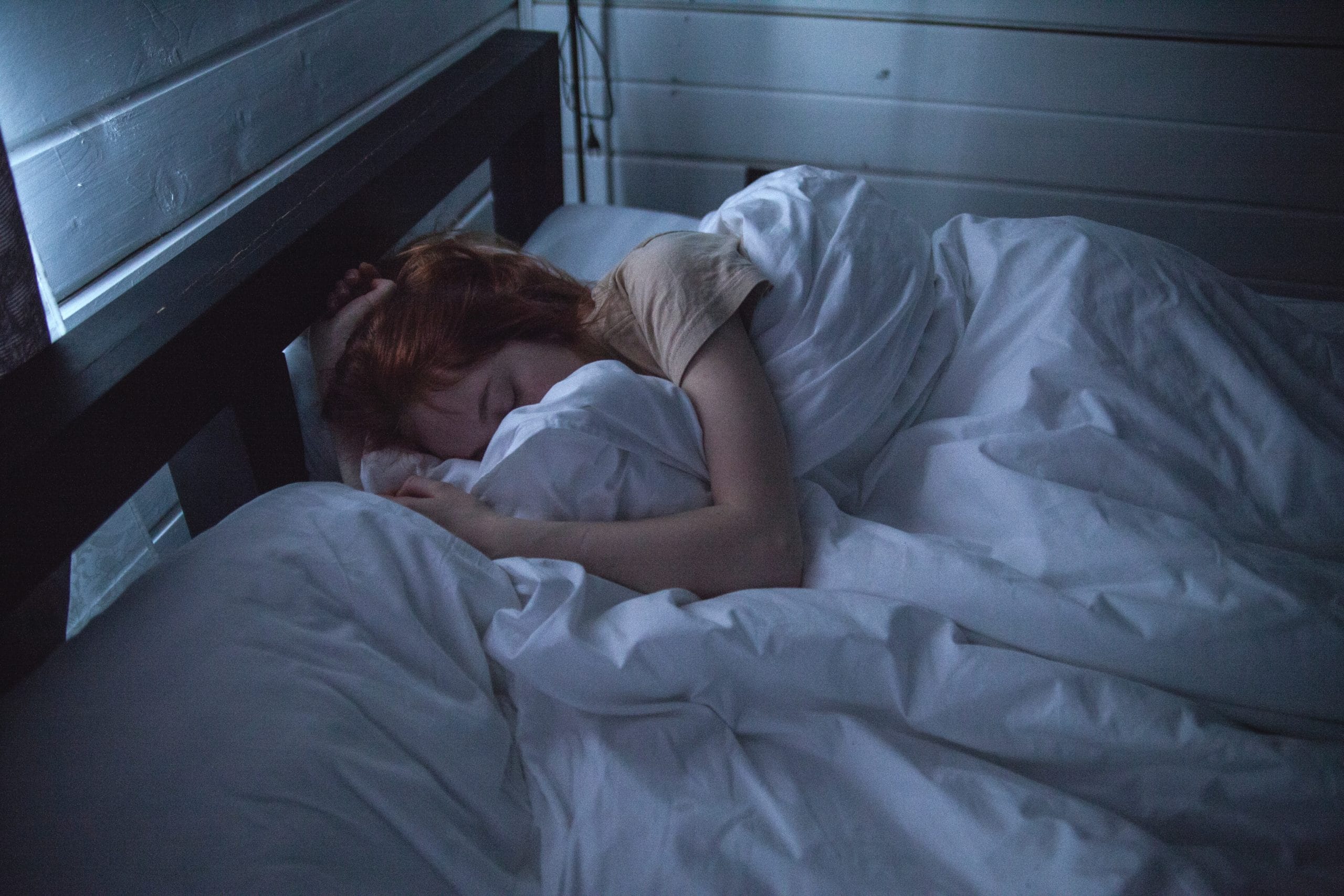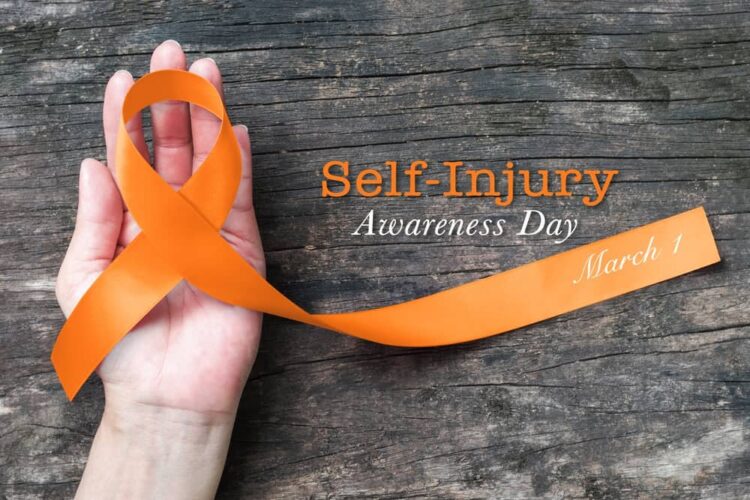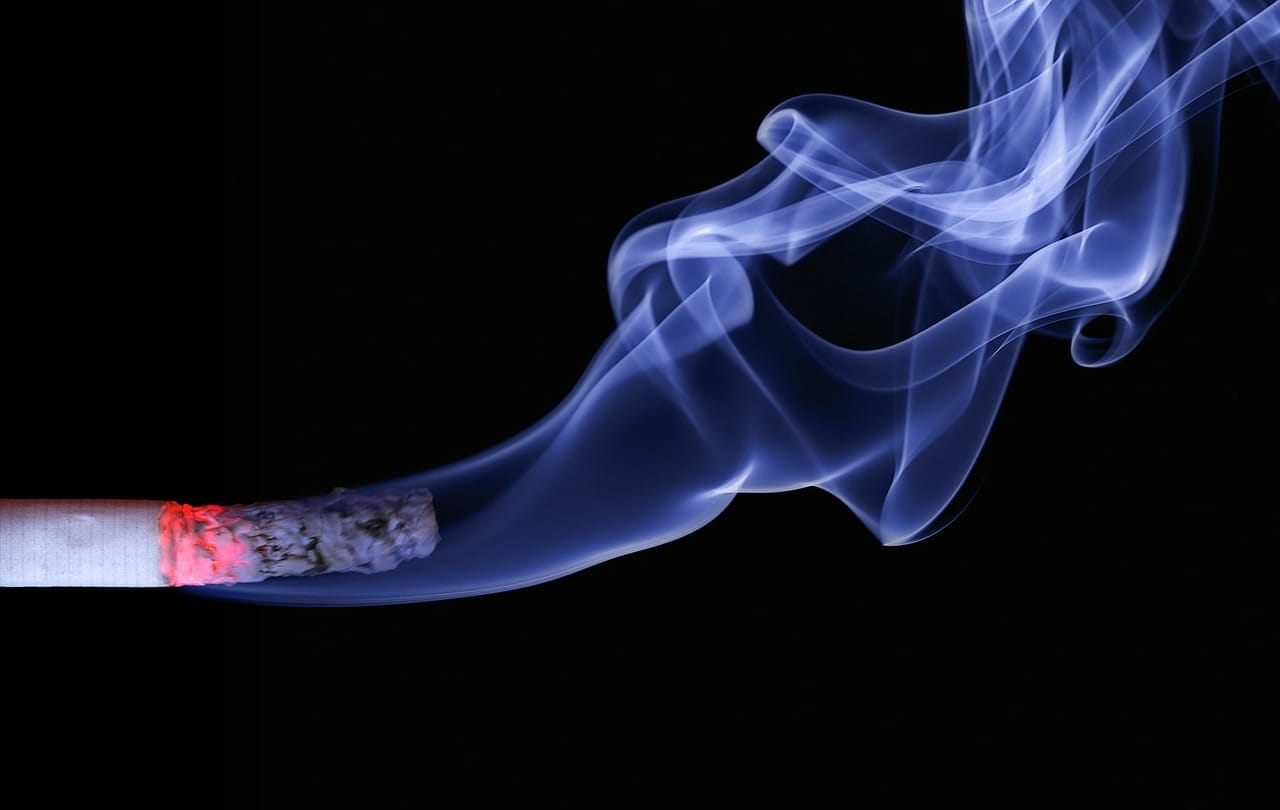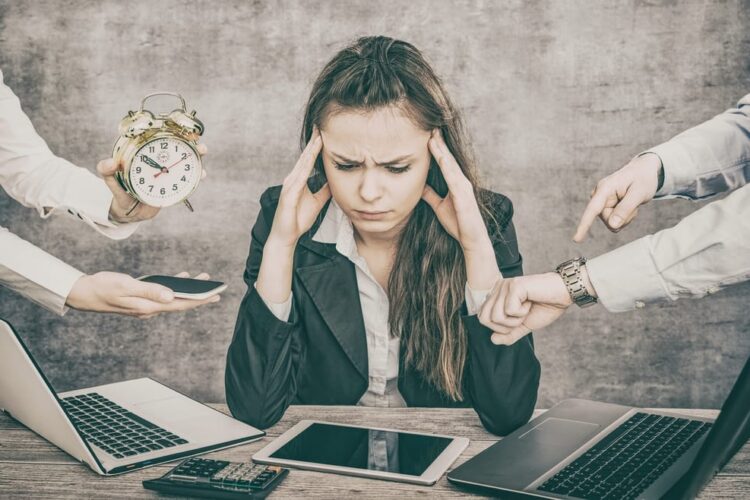
Sleep Disorders through Addiction & Recovery
As we know, addiction disrupts all areas of an individual’s life, and sleep is no exception. Research has shown that individuals suffering with addiction are 5 to 10 times more likely to develop sleep disorders. Long-term substance abuse physically changes an addict’s brain sleep architecture generally leading to sleep deprivation. The following are various substance and behavioural induced sleep disorders:
Insomnia: Chronic (long term) insomnia describes regular difficulty falling or staying asleep, perhaps waking up too early or multiple times during the night. Insomnia is an extremely common symptom of both addiction and recovery. Often people use alcohol or marijuana to help fall asleep and treat their insomnia, but although it may help them to initially fall asleep, they are actually only disrupting the REM cycle of sleep and are not allowing themselves to get adequate restorative sleep.
Often an individual may be prescribed sleeping pills, such as Ambien and Lunesta, for short-term relief from insomnia and other sleep disorders. However, these drugs are extremely addictive and many become dependent on the pills using them well beyond their prescribed intent. Many people with insomnia don’t realize that they have become addicted to the sleeping aids until they stop taking their medication and begin to experience symptoms of withdrawal. This makes substance abuse recovery for insomniacs even harder, as they often will suffer from ‘rebound insomnia’ when attempting to quit or a compounded insomnia that is even worse than it was before.
Hypersomnia: Hypersomnia describes excessive daytime sleepiness, or a lack of feeling unrefreshed from sleep. Often, it occurs in conjunction with insomnia. The condition sees the individual frequently oversleeping or falling asleep during the day. This is a very common disorder found in those who abuse stimulants such as cocaine and mdma.
Parasomnias: This is a catch-all for abnormal sleep behaviours, such as sleepwalking or night terrors. Parasomnias are a common experience of hallucinogen abuse, and may create further insomnia, as individuals become afraid to fall asleep and experience the behaviour. Nightmares are a frequent occurrence for those in marijuana or cocaine withdrawal.
Sleep apnea: Sleep apnea is a form of sleep-disordered breathing where the individual stops breathing momentarily during sleep. It may be caused by a relaxation of the throat muscles (as occurs with alcohol abuse and obstructive sleep apnea), or from a miscommunication with the brain (as with opioid addicts and central sleep apnea). The brain has to ‘wake up’ in order to get you start breathing again, reducing the quality of your sleep even if you don’t remember waking up. Sleep apnea is experienced by over half of people with addiction.
Restless legs syndrome (RLS): RLS is a disorder where individuals experience an uncomfortable sensation in their lower limbs that can only be relieved by moving them. It typically occurs when the individual is lying down, as one is when you’re lying in bed. The constant need to move the legs in order to calm the sensation makes it difficult to relax sufficiently to fall asleep. RLS affects a third of addicts and is particularly common among opioid addicts.
Behavioural addictions causing sleep deprivation: It should be noted that behavioural addictions like gambling and smart phone addictions may not initially have the devastating physical effects of other drugs, but they do interfere with sleep and worsen one’s emotional and mental health. For instance late night smart phone used causes a flood of blue light replicating daylight conditions and confusing the brain’s sleep patterns, leading to insomnia. One result is the worse one sleeps, the worse one feels about their addiction, fulling a vicious cycle creating anxiety and depression.
Overcoming sleep disorders: Addiction, and many of the sleep problems along with it, is treatable. The better you sleep, the lower your risk of relapse. Master your sleep, and it’s much easier to stick to your recovery plan. The following are a few tips for improving sleep during recovery:
- Ask for help from loved ones to help you overcome the initial discomfort or join local support groups of individuals going through the same things.
- Follow a regular sleep schedule.
- Turn your bedroom into a sleep-promoting environment.
- Practice disciplined diet and exercise.
- Seek cognitive behavioural therapy, particularly CBT-I. (Insomnia) Therapists work with individuals to educate them about sleep hygiene, adjusting their sleep environment to promote sleep instead of prevent it and practice different therapies such as relaxation exercises to induce sleep, sleep restriction to retrain the body to follow a specific sleep schedule, and more.
At Ibiza Calm, we have an expert team of highly professionals available at all times for any number of addictions you or a loved one may be suffering with, so please do not hesitate to call us if you need any help or advice.
(SPAIN) +34 664 443 433
(UK) +44 203 868 5710
Photo by Ivan Obolensky from Pexels
Share this information, choose your platform!
Time to Talk Day – February 3rd 2022
Mental health and substance use disorders affect 13% of the world’s population, that is approximately 970 million people that are living with a problem affecting their psychological well-being. Regrettably, only half of those people will get the help they so …
Understanding self-harm: Breaking the stigma.
Each year, globally, March the 1st marks Self-Harm Awareness Day (also known as Self Injury Awareness Day); shedding light on a complex and often stigmatised and misunderstood issue, that can affect anyone, no matter their age or gender. Self-harm, or …
Smoking Slows Recovery from Addiction
It is a commonly accepted norm among rehabilitation professionals that smoking is less detrimental and dangerous to one’s health than substance abuse addiction and therefore it is often not deemed a priority during treatment. However recent studies are beginning to …
Is your job affecting your mental health?
Here are 6 signs that your job could be toxic: 1. You don’t want to get up in the morning. You hate going into the office. 2. You don’t have any work/life balance. You feel that you must respond to work …









